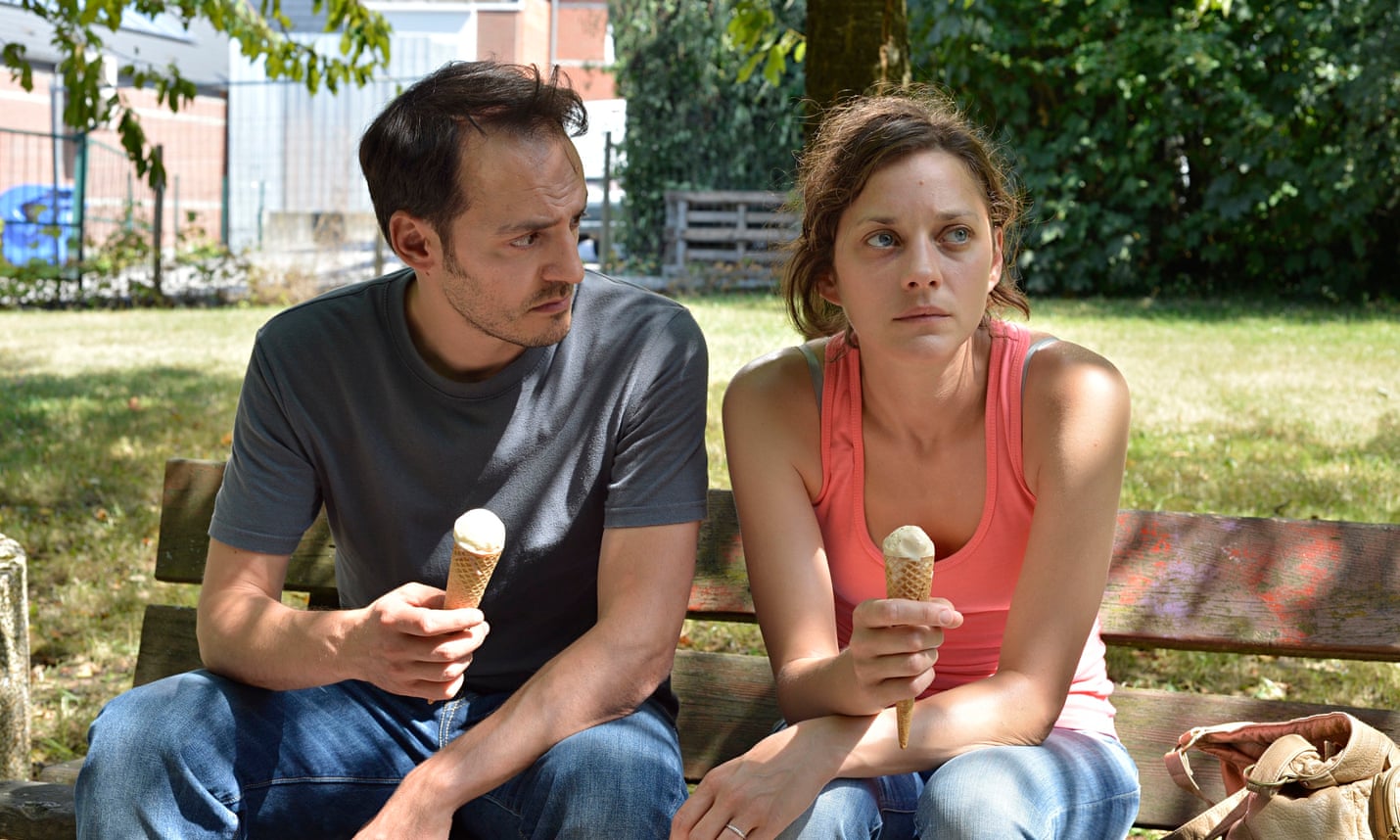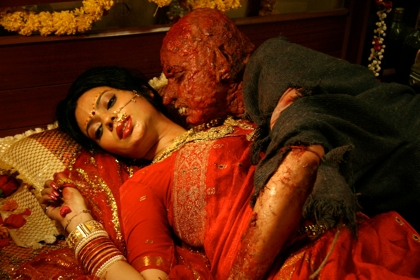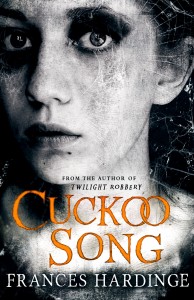In
comparison to 2013 it feels like a lean year for women in film. There are
notable exceptions however – in Indian cinema especially, but I’ll cover that in a
different post.
Five women
are central to three of the most significant films of the year. Marion
Cotillard’s performance in Two Days, One
Night was the best of the year. Melisa Sözen and Demet Akbag are fantastic in Winter Sleep whilst Agata Kulesza and Agata
Trzebuchowska are key to the success of Ida. All three films have attracted significant criticism however. In
Sight and Sound Tony Rayns review
of Jean-Pierre Dardenne and Luc Dardenne’s latest film was annoyingly
patronising but elsewhere it garnered a mass of 5 star reviews. For most
critics Niri Bilge Ceylan’s Palme D’Or winner doesn’t quite possess the quality of Once Upon a Time in Anatolia (2011) or Uzak (2002) and, at 3 hours 16 mins, is
too long. Jonathan McCalmont’s criticisms of Pawel Pawlikowski’s Ida are, as always, intriguing.
Nonetheless for me they were the three most intense and spellbinding cinematic
experiences of the year – they are all in my top five.


Other
notable performances in very good films include Hilary Swank in The Homesman, Bérénice Bejo in The
Past, Mia Wasikowska in Tracks,
Angeli Bayani in Norte, The End of
History and Scarlett Johansson in Under the Skin.
Behind the
camera it was exciting to see new films from Katell Quillévéré (Suzanne), Joanna Hogg (Exhibition) and Kelly Reichardt (Night Moves). Even better perhaps was a
debut - Jennifer Kent’s The Babadook
with a brilliant lead performance by Essie Davis.

One of the
joys of 2014 was the return of Lukas Moodysson, in great form, with We Are the Best. At the turn of the
century Moodysson made three magnificent films – Show Me Love (1997) Together (2000) and Lilya 4-ever (2002). Since then he has
lost his way but this year’s film, based on a graphic novel by his wife Coco,
is a lovely, grown-up tale of three young teenagers starting a punk band in the
early 80s. Mira Barkhammar as Bobo, Mira Grosin as Klara and Liv LeMoyne as
Hedvig are given a mature, focused script and achieve wonders – they are all
utterly brilliant. On one level this could have joined Queen and Pride on my ‘most pleasurable films of 2014’ but at his best Moodysson achieves a tone that is at once
funny, ebullient, melancholic and determinedly serious. If anyone wants to see what ‘strong
female characters’ look like then watch this film. The girls are both
incredibly normal – fickle, jealous, manipulative – and wonderfully anarchic –
I won’t spoil the scenes which show their determination, spirit and love of
life. I’ve watched it three times – every time it gets better, but it’s also
the way the film draws you in each time that is so deceptively clever. The soundtrack is a belter and the cinematography by Ulf Brantås is perfect.

























